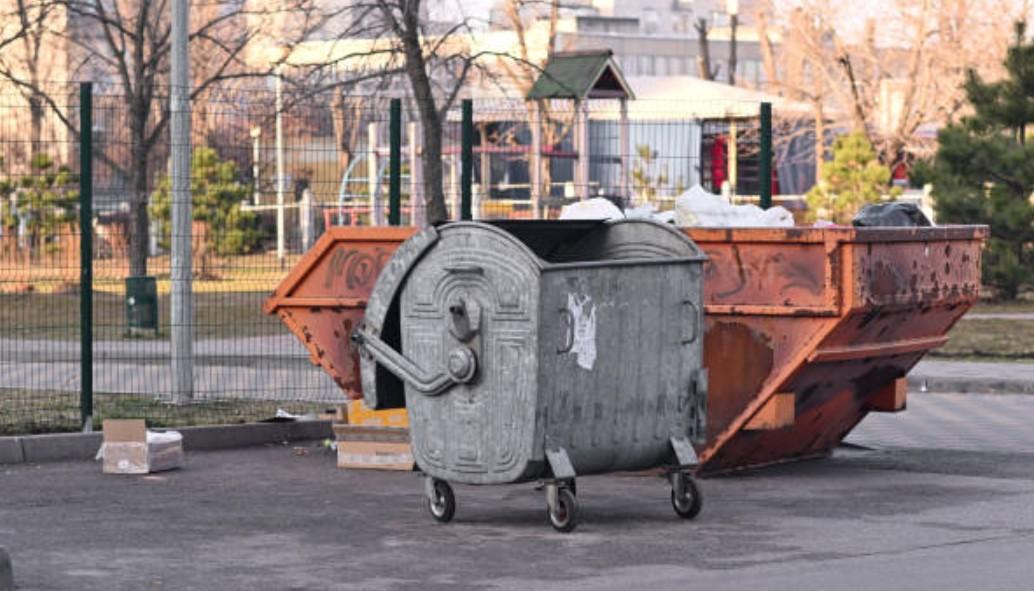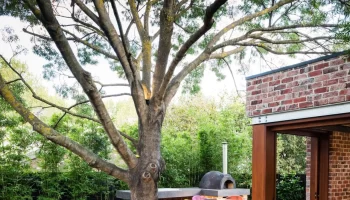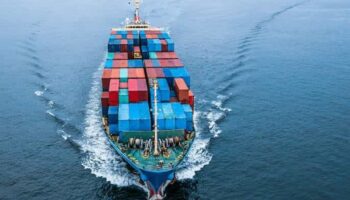Proper waste disposal safeguards the Central Coast’s land air and waterways. When waste is disposed of improperly harmful substances can spread. These pollutants can enter our soil rivers and ocean. Wildlife may eat or become trapped in the garbage. Plants can struggle to grow in contaminated soil. People living nearby may also suffer health problems. Waste that ends up in the wrong place can attract pests and bad smells. Recycling and correct disposal reduce these problems. It also saves space in landfills and conserves natural resources. Skip bins are a convenient way to sort and remove waste but their contents need to be processed properly. Proper bin disposal reduces pollution and increases the number of materials that can be reused. The Central Coast depends on clean land and water so everyone can contribute to a safer and cleaner environment.
What Happens to Your Waste After Collection?
Once a skip bins central coast is collected it goes to a sorting facility. There waste is unloaded and checked by staff. Large and hazardous materials are removed first. The rest is then separated by type. Machines and workers sort the materials. Recyclable items like metal cardboard and plastic are set aside. These are sent to recycling centres for processing. Organic waste may be used for composting. Concrete and bricks are often crushed and reused in construction. Only leftover non-recyclable items go to landfill. Sorting reduces how much waste ends up in landfills. It also maximizes the recycling of valuable materials. The aim is always more recycling and less waste. The process might be subtle but it makes a big difference to the environment. Once collected what you dispose of still makes a difference to the environment. Some plants use magnets to sort metal while others use air blowers or manual picking.
Understanding Weight Limits and Overfilling Risks in Skip Bin Hire
Each skip bin has a weight limit that is determined by its size and purpose; bins that are too heavy can break trucks or fall during transportation causing damage to roads and accidents; they can also injure workers who are collecting or sorting waste; heavy bins are more difficult to move and use more fuel; some waste types weigh more than they appear soil bricks and concrete are common examples and adding too much of these can quickly exceed the weight limit; skip bin companies often have strict weight guidelines and exceeding them may result in additional fees. Overfilling makes the bin unstable and unsafe to move and it may violate council or road safety regulations. Responsible loading makes roads safer and work sites cleaner. Knowing weight and volume makes recycling easier because skip bins central coast is easier to sort. If in doubt ask about limits before filling. Adhering to the regulations protects people and the environment. Making proper use of bins keeps waste flowing through the system.
Understanding Waste Disposal Laws When Using Skip Bins in Central Coast
The Central Coast has stringent regulations governing the disposal of waste. These regulations are in place to safeguard the environment and public health. Large fines and penalties are associated with illegal dumping. Skip bins central coast can only be used for waste types that have been approved. Special handling is necessary for materials that are restricted or dangerous. Batteries electronics chemicals and asbestos are a few examples. You can’t put them in regular skip bins. For industrial waste businesses are subject to additional regulations. Each local council may have different rules and permit needs. If a skip bin is placed on public property council approval may be required. Leaving a bin in the wrong place may lead to fines.




